Have you ever tried journaling before? Have you ever experienced the magic of pouring your thoughts and emotions into words on paper? Do you know how the art of journaling can transform your life?
Imagine a space where your thoughts, emotions, and experiences can flow freely onto the page, unfiltered and unbound. This is the essence of the art of journaling – a deeply personal and profoundly impactful practice that has the power to transform our lives in ways we might never have imagined.
Whether you’re a seasoned writer or someone who has never put pen to paper, journaling offers a unique opportunity to embark on a journey of self-discovery, personal growth, and emotional well-being.
Today, we’ll explore the many facets of this transformative practice, delving into its benefits, its role in supporting mental health, and the simple steps you can take to start your own journaling journey.
Mastering the Art of Journaling

At its core, the art of journaling is the act of regularly recording your thoughts, feelings, and experiences in a written format. It’s a deeply personal practice that allows you to explore your inner world, process your emotions, and gain valuable insights into yourself and the world around you.
Unlike traditional writing, journaling is not bound by rules or conventions. It’s a free-flowing expression of your authentic self, where you can let your words and ideas flow without the pressure of perfectionism or the constraints of structure.
This freedom to be fully present and honest with yourself is what makes the art of journaling so powerful and transformative.
Related: 50 Best Journaling Prompts You Will Ever Read Or Need
The Benefits of Journaling
The art of journaling offers a myriad of benefits that can positively impact your life in profound ways. Here are just a few of the remarkable advantages of this practice:
1. Improved Mental Health
Journaling has been shown to be a highly effective tool for managing stress, anxiety, and depression. By providing a safe and judgment-free space to process your emotions, journaling can help you gain a deeper understanding of your thoughts and feelings, ultimately, leading to increased self-awareness and emotional regulation.
2. Enhanced Self-Reflection
The act of writing down your thoughts and experiences can help you gain valuable insights into your patterns, behaviors, and decision-making processes. This self-reflection can lead to greater self-acceptance, personal growth, and the ability to make more informed choices in your life. This is one of the most positive benefits of journaling.
3. Increased Creativity
The art of journaling can be a powerful source of inspiration and creativity. By allowing your mind to wander and explore new ideas, you can unlock your innate creativity and foster a sense of imaginative expression that can benefit various areas of your life.
4. Better Memory and Focus
Research has shown that the physical act of writing can enhance memory and improve focus. By engaging multiple senses (sight, touch, and sometimes even sound) during the journaling process, you can create stronger neural connections and improve your overall cognitive function.
5. Emotional Healing
Journaling can be a powerful tool for processing and releasing emotions, particularly those that may be difficult or uncomfortable to express in other contexts.
By putting your thoughts and feelings onto the page, you can gain a sense of catharsis and emotional release, which can be especially beneficial for individuals who have experienced trauma or significant life events.
Related: How To Let Yourself Feel Your Feelings
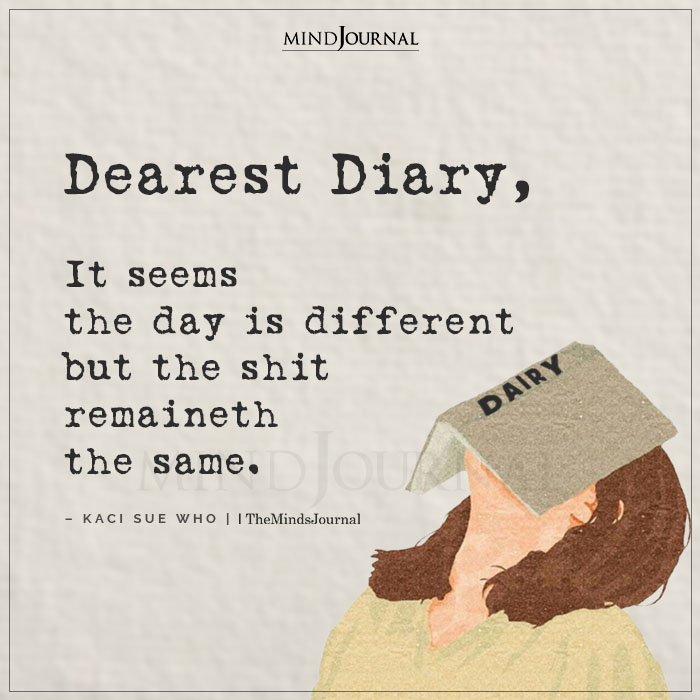
Journaling for Mental Health
The art of journaling is particularly valuable for supporting mental health and well-being. By providing a safe and private space to explore your inner world, journaling can be a powerful tool for managing a variety of mental health challenges.
For individuals struggling with anxiety, journaling can help to identify and process the root causes of their anxious thoughts and feelings. By regularly writing about their experiences and emotions, they can gain a better understanding of their triggers and develop effective coping strategies.
Similarly, for those dealing with depression, journaling can be a valuable outlet for expressing and processing difficult emotions. The act of writing can be a form of self-care, allowing individuals to gain a sense of control and perspective over their thoughts and feelings.
Journaling for mental health can also be beneficial for individuals dealing with trauma or post-traumatic stress disorder (PTSD). By writing about their experiences and emotions, they can begin to make sense of and process their trauma in a safe and supportive environment.
Moreover, journaling can be a valuable coping mechanism for individuals with mental health conditions such as bipolar disorder or borderline personality disorder. By tracking their moods, behaviors, and thought patterns, they can gain valuable insights into their condition and work towards more effective management strategies.
How to Start Journaling: 5 Tips for Mastering The Art of Self-Expression
If the idea of the art of journaling has piqued your interest, you may be wondering where to begin. The good news is that starting a journaling practice is remarkably simple and accessible to anyone, regardless of your writing experience or expertise.
Here are some steps to help you get started on your journaling journey:
1. Choose Your Medium
One of the great things about the art of journaling is that it can be done in a variety of ways. Whether you prefer a traditional pen and paper notebook, a digital journal on your computer or tablet, or even a voice recording app, the choice is entirely up to you. Experiment with different options to find the one that feels most natural and comfortable for you.
2. Set Aside Time
Consistency is key when it comes to the art of journaling. Dedicate a specific time each day, even if it’s just 10-15 minutes, to sit down and write. This regular practice will help you develop the habit and ensure that you make time for this important self-care activity.
3. Start with Prompts
If you’re feeling stuck or unsure of where to begin, try using journaling prompts to help kickstart your writing. These can be as simple as “What are you grateful for today?” or as open-ended as “Describe your ideal day.”
Prompts can be a great way to overcome the initial hurdle of the blank page and get your creative juices flowing. This is a great tip on how to start journaling.
Related: 30 Life-Changing Journal Prompts That’ll Boost Your Mental Well-being
4. Write Freely
Remember, the art of journaling is all about self-expression and emotional exploration. Don’t worry about grammar, spelling, or even the coherence of your thoughts – just let them flow onto the page. This freedom to write without judgment or constraints is what makes journaling such a powerful practice.
5. Experiment with Different Techniques
As you continue on your journaling journey, don’t be afraid to try new and creative techniques. This could include incorporating drawings, collages, or even poetry into your journal entries. The more you explore, the more you’ll discover what works best for you and your unique style of self-expression.
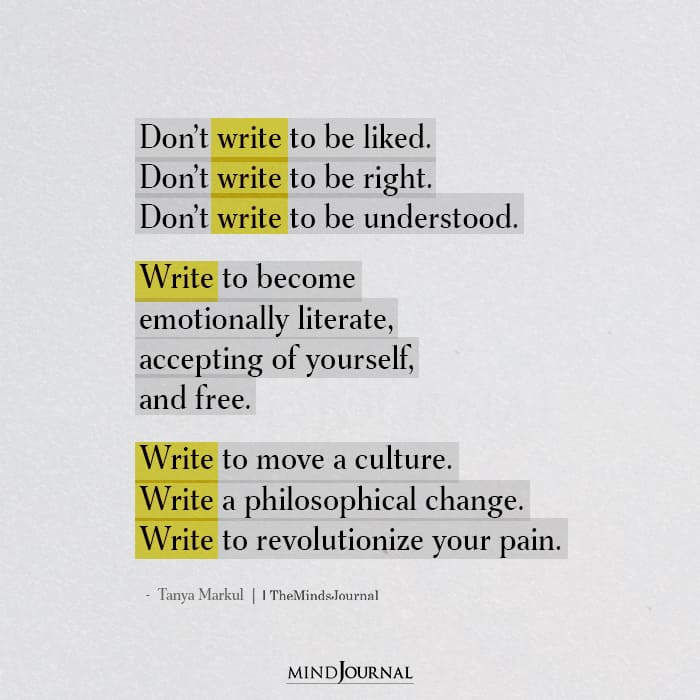
Takeaway
The art of journaling is a deeply personal and transformative practice that can have a profound impact on your mental, emotional, and spiritual well-being. By embracing the freedom to explore your thoughts and feelings without judgment, you can unlock a world of self-discovery, personal growth, and emotional healing.
So, whether you’re a seasoned writer or a complete beginner, I encourage you to embark on this journey of journaling and see how it can enrich and empower your life in ways you never thought possible.
Who knows, it just might become the most cherished and transformative practice you ever undertake.
Frequently Asked Questions (FAQs):
Why is journaling so powerful?
Journaling is a powerful tool for self-reflection, helping to clarify thoughts, process emotions, and foster personal growth in a tangible way.
What is the psychology behind journaling?
The psychology behind journaling lies in its ability to promote mindfulness, reduce stress, and enhance emotional intelligence through self-expression and introspection.
What is the philosophy of journaling?
The philosophy of journaling centers around the belief that regular introspection and self-expression lead to greater self-awareness, personal growth, and fulfillment in life.

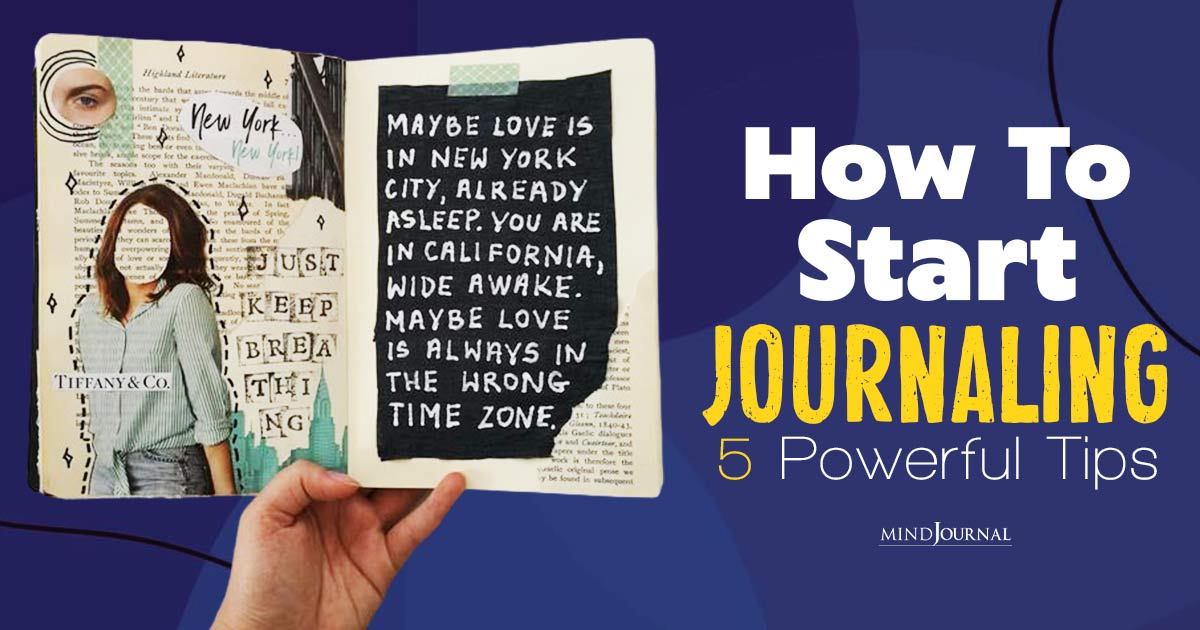



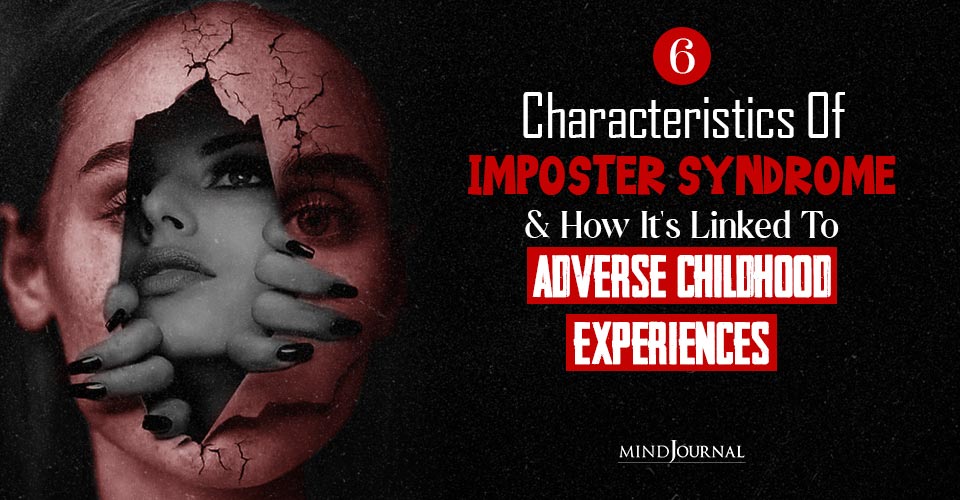
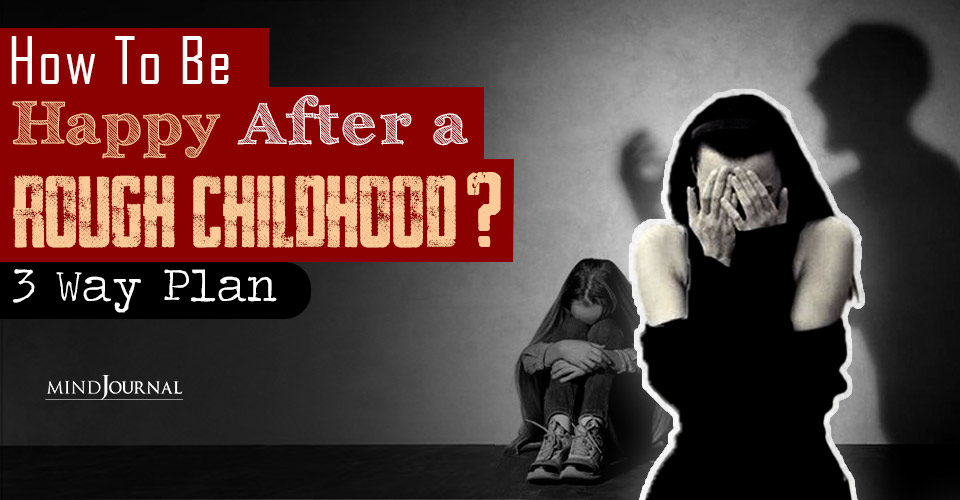

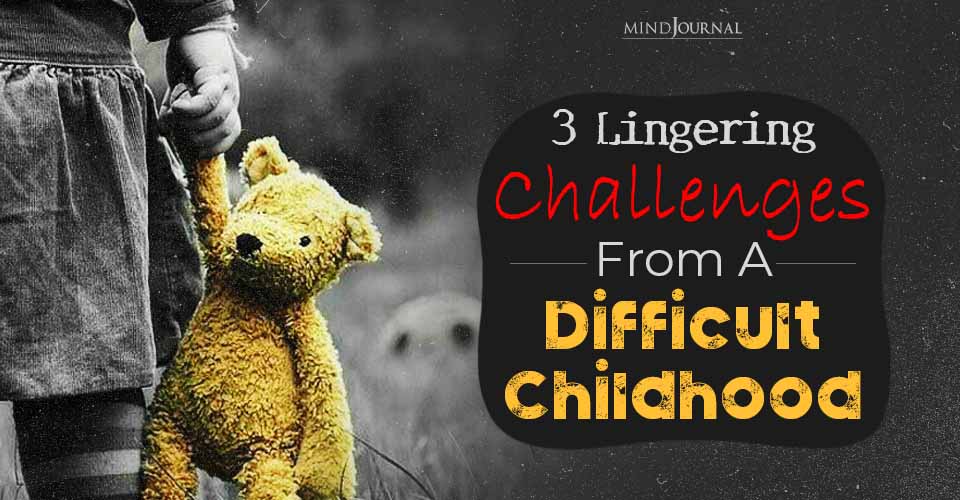
Leave a Reply
You must be logged in to post a comment.